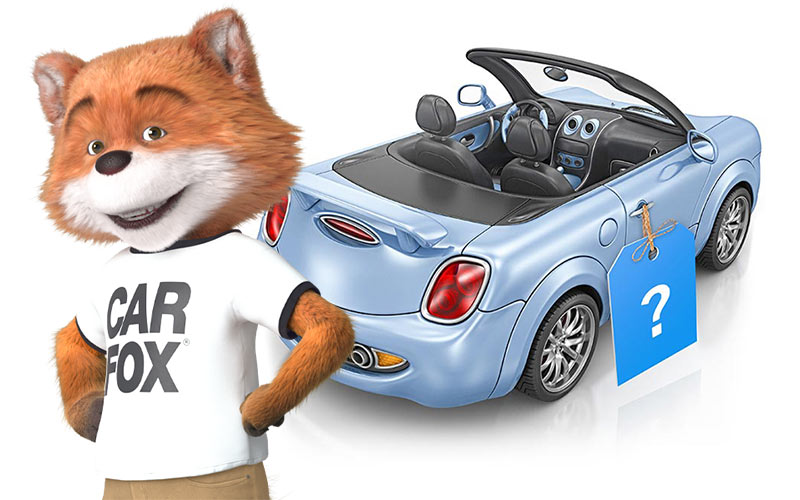If you're looking to sell your used car, you may not know where to start. We can help make sure you’re set up for a quick and easy sale while getting the best price. Here are the steps you should to take when selling a used car:
- Decide if you want to trade it in or sell your car privately
- Find out your vehicle's worth
- Get your vehicle ready for sale
- List your vehicle for sale
- Know what questions to expect from a buyer
- Negotiate price
- Finalize the sale
Keep reading below for a more detailed look into each step in the used car selling process.

